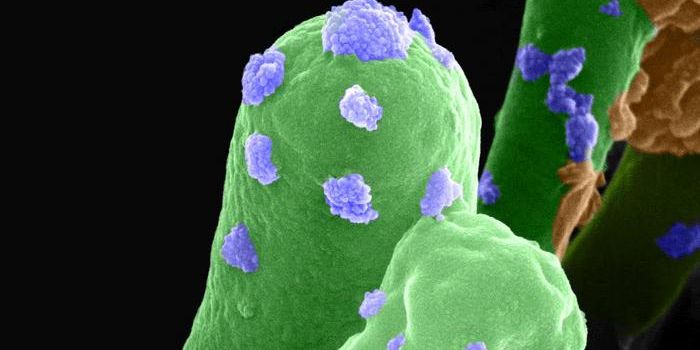Building Block Medical Test Is Reusable
The high cost of single-use paper-based medical diagnostic kits can be prohibitive to some labs, particularly in rural or developing areas. MIT’s Little Devices Lab has created a more affordable solution called Ampli blocks that consists of modular diagnostic kits, which can be re-oriented and reused. This system’s specialized blocks and paper can be put together in different ways on a baseboard – in the simplicity of design, not unlike Legos or other building toys -- to perform different functions and tests. Ampli blocks are now being developed to detect blood glucose levels and test for human papilloma virus, cancer, Zika virus, malaria and Lyme disease, among other uses.
“Our long-term motivation is to enable small, low-resources laboratories to generate their own libraries of plug-and-play diagnostics to treat their local patient populations independently,” Little Devices Lab Co-Director Anna Young, who also co-authored the corresponding paper, said.
Each Ampli block can snap together with other blocks along any of their edges. The blocks are color-coded for their various functions, which include serving as channels for samples, mixing chemicals or holding the paper that contains reagents. After one test, the blocks can be sterilized and used again.
Young and her colleagues have now created about 40 of these blocks that can be assembled to meet the needs of a lab. Ampli block users refer to a scientific guide to figure out how to build the test they need, and the MIT team plans to put the instructions online in the future. They hope users in labs will then share their own unique diagnostic designs and templates online. Assembling the kits requires little expertise, according to MIT News.
With Ampli blocks, a user can create a test for the basic kit cost of 50¢. Reagents and paper must be re-purchased, and each test costs about $1. Compared to the typical costs for medical diagnostics, which often range from $15 to $20 per test, this represents a significant savings for smaller labs.
Little Devices Lab is currently collaborating with labs in Chile, Honduras, Nicaragua, Senegal, Spain and the U.S. In Chile and Nicaragua, Ampli blocks are already monitoring patient adherence to TB treatment and testing for a genetic variant that affects malaria treatment.
Along with funding challenges, smaller community labs around the world sometimes struggle to find a specific diagnostic for their population. For example, a disease may exist in geographically localized strands and variations that one overarching test does not cover. Ampli blocks are designed to empower local medical specialists to create their own tools and methods and better serve their own communities.
Little Devices Lab Co-Director Jose Gomez-Marquez thinks this is possible and practical. He said:
I firmly believe, and I’ve seen it in our work and then in others’ work, that there are local innovators in these countries and they are good biologists. They will have much more readily available access to a dengue or Zika or an Ebola patient than I will ever have at MIT. In order for me to get access to a patient, I have to write up an [institutional review board] ethics approval, making sure I’m not going to contaminate America on the way back.
The MIT researchers are currently exploring the possibility of manufacturing Ampli blocks on a large scale.
Sources:









